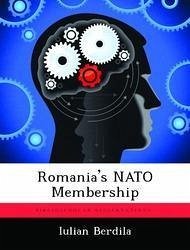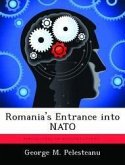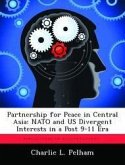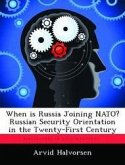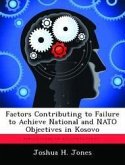Romania represents a reliable NATO member and an emergent democracy among the Eastern European countries. In 2004, Romania became a NATO member and will be integrated in the European Union in 2007. However, these achievements required Romania to go through challenging reforms and to implement Western standards. NATO membership represented the first challenge after the fall of communism in the early 1990's. The process for NATO developed along three main dimensions: NATO's evolution after the Cold War, Romania's historical position toward Western integration and Romania's military reform after the Warsaw Pact dissolved. After 1990, NATO's own evolution represented the main process that influenced decisively Romania's development. NATO had to confront two policy issues: the relevance of the Alliance after the fall of the Soviet Union and the rationale for including former Eastern European countries. NATO's approach was to encourage former Warsaw Pact countries to cooperate within NATO's security forum to maintain stability in Eastern Europe. Moreover, the Eastern European countries could develop policies and plans for NATO membership. At the same time, the possible NATO enlargement could redefine NATO's role and preserve its relevancy. Romania's communist domination for almost five decades after World War II limited its opportunities for becoming a democratic country. Nicolae Ceausescu's dictatorship produced negative political, social and economic effects and influenced the West's perception of Romania. However, Romania started to review its servitude to the Soviet regime in the mid 1960's. The West responded positively but remained skeptical after Ceausescu's failure to improve social and economic conditions. After the 1989 Revolution, Romania struggled to create the conditions for NATO and EU membership. Political consensus and proper resource allocation remained the constant issues for the post-1989 Romanian governments. Besides addressing social issues to demons
Hinweis: Dieser Artikel kann nur an eine deutsche Lieferadresse ausgeliefert werden.
Hinweis: Dieser Artikel kann nur an eine deutsche Lieferadresse ausgeliefert werden.

